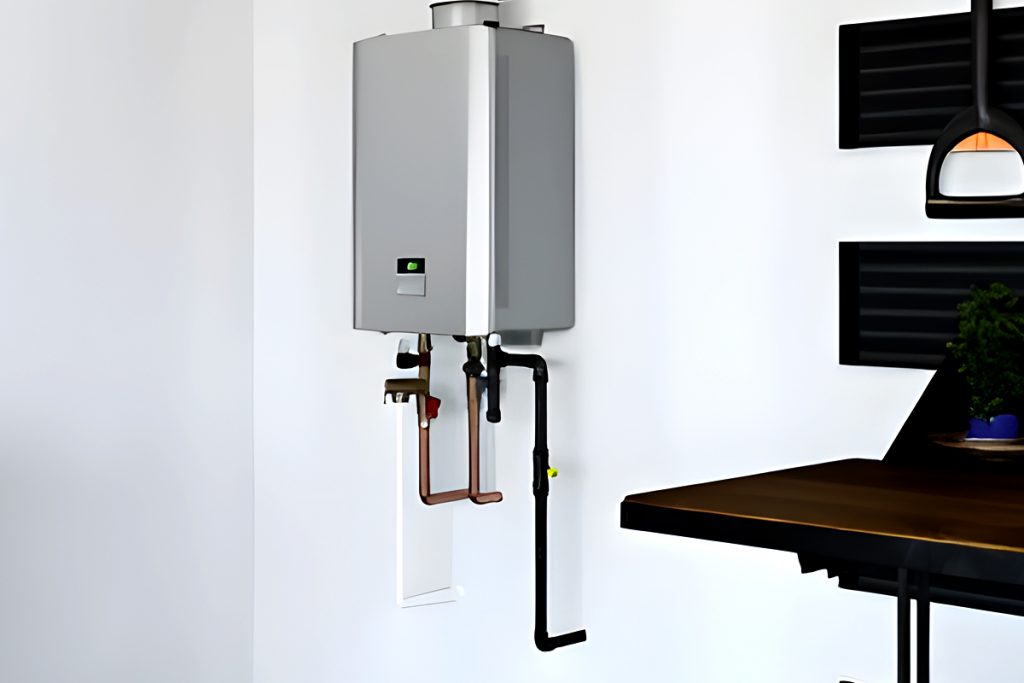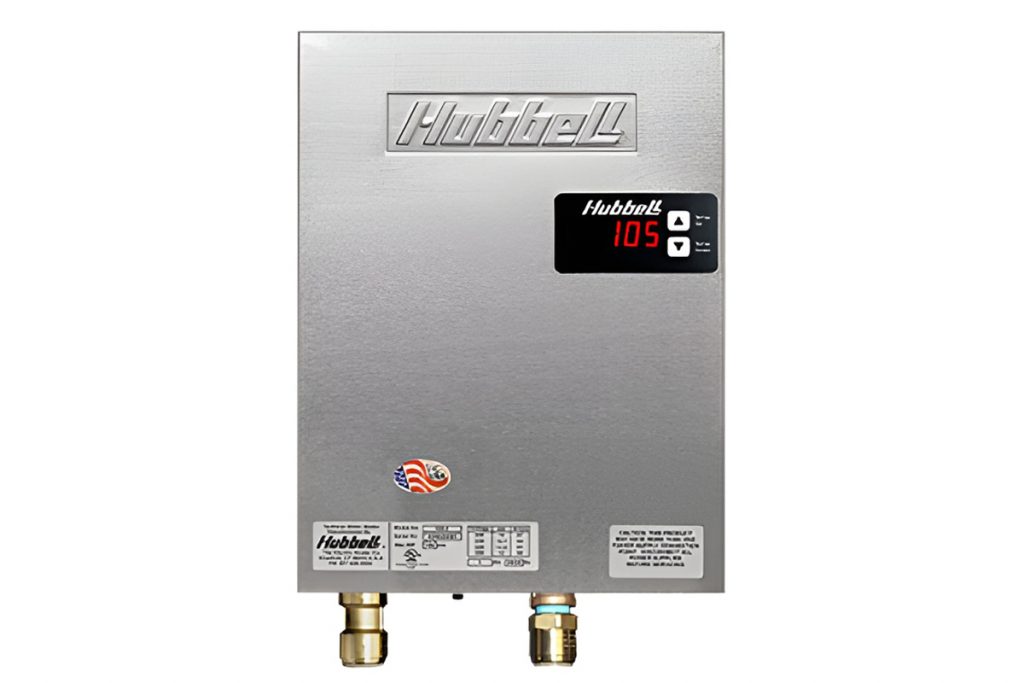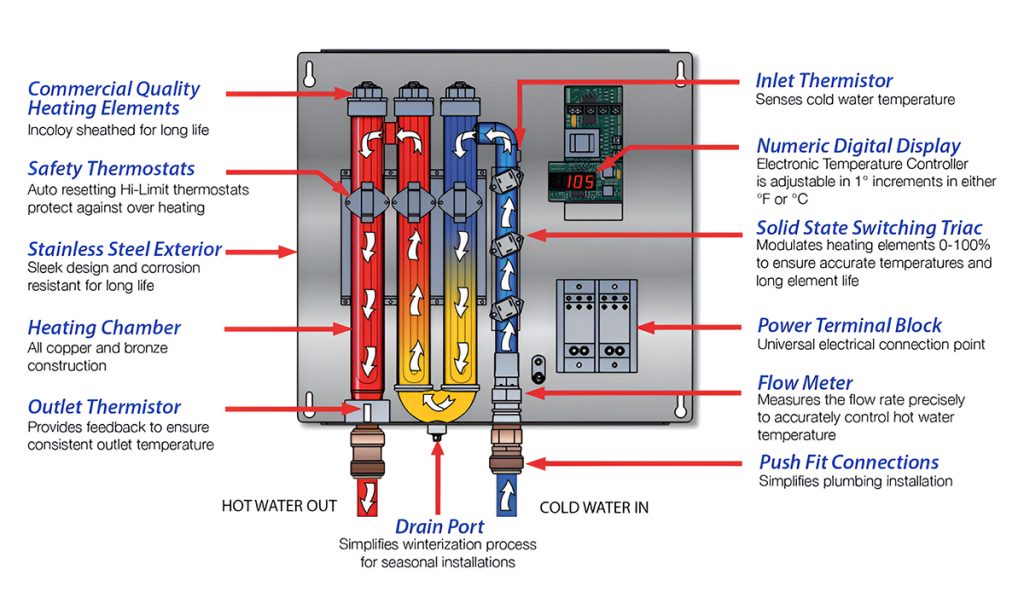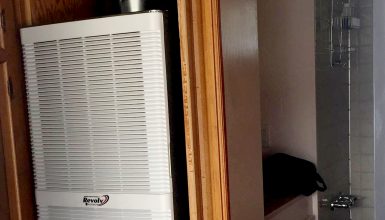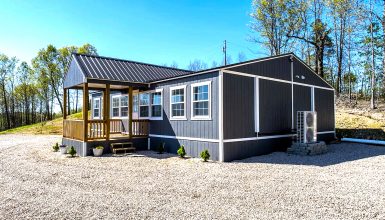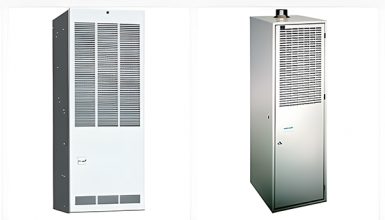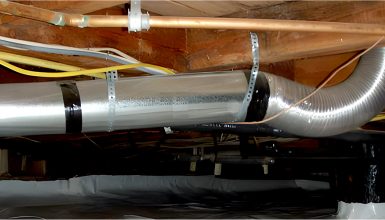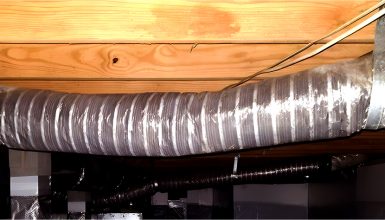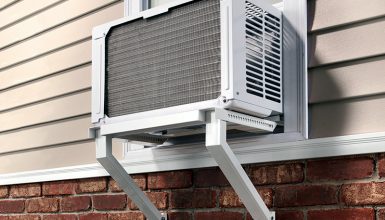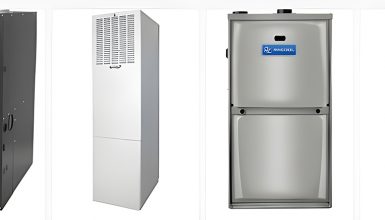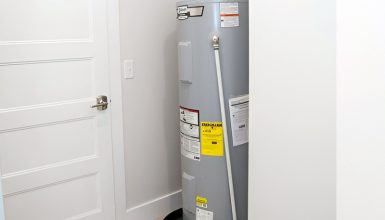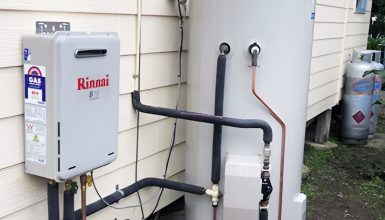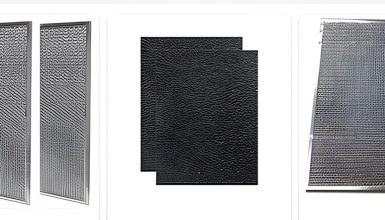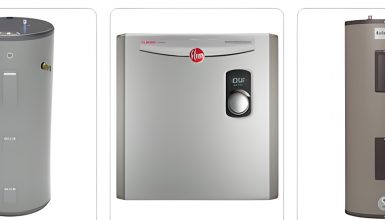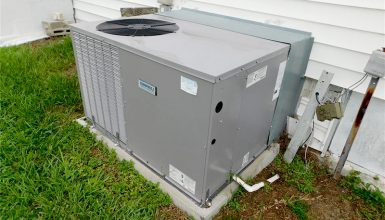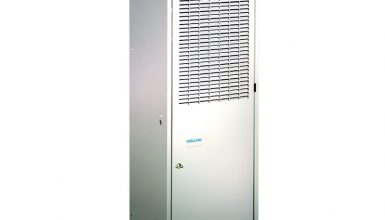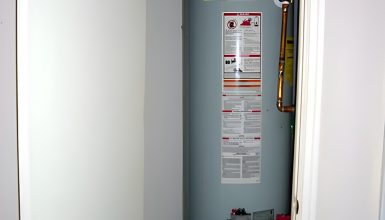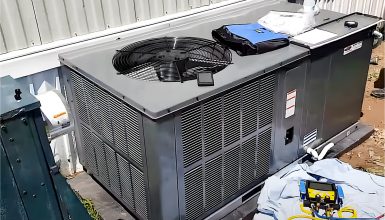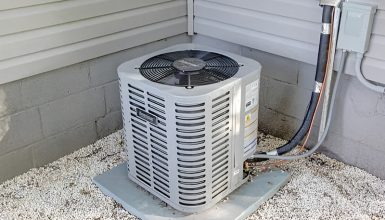Tankless water heaters, also known as on-demand water heaters, are energy savers. Traditional water heaters keep gallons of water hot around the clock, whether you need it or not. But tankless heaters? They’re more like that punctual friend, showing up exactly when you need them and not wasting energy.
And here’s where it gets a little trickier for us mobile home dwellers. HUD, the boss regarding the ins and outs of manufactured homes, has a handful of rules and regulations specific to tankless water heaters. Don’t worry. We’re about to crack open this can of worms and make sense of it all. Ready to navigate the tankless waters? Onward we go!
HUD Requirements for Tankless Hot Water Heaters
Why HUD’s approval is required for tankless water heaters? Here’s the deal: while tankless water heaters may be sleek and efficient, they’re also a bit of a square peg trying to fit in a round hole regarding HUD’s rules. You see, when the guidelines were written, tankless water heaters weren’t really on the scene. The rules were all about traditional water heaters, the ones with big tanks.
Think of HUD approval as a seal of safety. It’s HUD’s saying, “We’ve looked this over, and it meets or exceeds our safety and performance standards.” Pretty important stuff, right? Ready to break down HUD’s requirements? Let’s do this!
1. Automatic Valve
First, we have the automatic valve requirement (§3280.609(c)). This rule is all about safety. Water heaters need an automatic valve to relieve pressure and control temperature. Think of it as the water heater’s safety valve. It prevents dangerous situations when things get too hot or pressurized. HUD wants to ensure your tankless water heater has this feature, just like a traditional one.
2. Minimum Standards
Next, we have the minimum standards for gas and electric water heaters (§3280.703). It is where HUD gets specific about what makes a safe and efficient water heater. They use references like “Gas Water Heaters—Volume I, Storage Water Heaters with input ratings of 75,000 BTU per hour or less—ANSI Z21.10.1-1998 with Addendum Z21.10.1a-2000” and “Household Electric Storage Tank Water Heaters, Tenth Edition—UL 174-1996, with 1997 revisions.” It’s like a quality control checklist for water heaters, including everything from input ratings to energy conservation standards.
3. Certification
Then, there’s the listing and certification requirement (§3280.707(a)). This one’s pretty straightforward. It means your water heater needs a stamp of approval from a nationally recognized testing agency. It’s kind of like getting a gold star from a top-rated review. HUD wants to know that your heater’s got the chops to perform well and safely.
4. Performance
Point four digs into performance efficiency standards (§3280707(d)). HUD ensures that your water heater isn’t just safe and energy efficient. They’re looking for appliances that follow the efficiency requirements of the Energy Conservation Program. Remember, a good water heater doesn’t just warm your water; it should also be kind to your wallet and the environment.
5. Corrosion-Resistant Pan
Finally, there’s the requirement for a corrosion-resistant water drip collection and drain pan (§3280.709(h)). Remember how traditional water heaters come with a tank? That tank can leak. Tankless heaters don’t have this issue, but HUD still requires them to have a drip pan. It’s like putting a coaster under a coffee mug – it’s there to catch any potential drips and protect the rest of your home.
HUD-Approved Electric Tankless Hot Water Heater
Are there tankless water heaters for mobile homes? Yes, there are. One example of a HUD-approved tankless water heater for mobile homes is Hubbell Tankless Water Heater 145-2. According to the HubbellHeaters site, this model meets HUD’s stringent safety and performance requirements. Let’s talk about it.
Hubbell Whole House Electric Tankless Water Heater 145-2
Hubbell’s brought their A-game with 90 years of water heating experience to this model. Imagine fine-tuning your craft for nearly a century! This water heater is designed to give you reliable service for many years.
- Control System
The heart of this heater’s brilliance lies in its control system. The cold water passes through a flow meter and an inlet thermistor, which measures the flow rate and temperature with pinpoint precision. The control system then adjusts the power to the heating elements from 0 to 100%. That’s full modulation, folks! It means the most accurate and consistent hot water temperatures you can get.
But that’s not all. As the water flows out, another thermistor jumps in to make necessary adjustments, ensuring your hot water is always at the perfect temperature.
- Energy-efficient
With the Hubbell Tankless, you’re not just getting a water heater. You’re getting a smart, energy-efficient home gadget. Its numerous control features let you track your energy consumption, operating cost, and hot water usage.
- Specs
Now, let’s look at the specs. This model is compact, only 13.5″ by 16.2″ by 3.6″, and weighs only 16 lbs. It’s built with a copper exchanger and a stainless-steel casing. It packs a powerful punch with 240 volts and a max of 58.3 AMPS. But despite its power, it operates at 98% energy efficiency. Talk about doing more with less!
Activation flow rate? A low 0.25 GPM. Operating range? A wide 5-150 PSI. And it comes with thermal protection for added safety.
Last but not least, the warranty. Five years for the heating chamber and one year for the electrical components. Now that’s a solid deal!
But remember, you’ll need a minimum of 100 amp service to your home to handle this beast.
Mobile Home Tankless Water Heater Sizes
The size of your tankless water heater depends largely on the number of fixtures requiring hot water and the groundwater temperature where you live.
First off, let’s talk about fixtures. The principles are the same whether it’s a single-wide or a double-wide mobile home. Each hot water fixture, whether a shower, dishwasher, or washing machine, requires a certain amount of gallons per minute (GPM) of hot water. So, to size your tankless water heater, tally up the number of fixtures and their GPM requirements.
You might have fewer fixtures for a single-wide home – perhaps one bathroom with a sink and shower, a kitchen sink, and a washing machine. Each of these might use between 1 to 2.5 GPM. So, you’d want a tankless heater with a GPM capacity to handle these simultaneously, say a 6 to 8 GPM unit. On the other hand, a double-wide might have two bathrooms and more appliances. You might be looking at a total GPM of about 10 to 12.
But wait! There’s a catch. Groundwater temperature also plays a role here. If you live in a colder region, your heater has to work harder to heat the water to your desired temperature. It effectively reduces the heater’s GPM capacity. So, if you’re in the chilly north, you might need a bigger unit than basking in the southern sun.
For example, a tankless water heater that offers 6 GPM at a 70°F rise (i.e., increasing the water temperature from 50°F to 120°F) might only deliver 4 GPM at a 90°F surge (increasing the water temperature from 40°F to 130°F).
To sum it up, you need to know your home’s total GPM demand and your groundwater temperature to pick the right size tankless water heater.
Mobile Home Tankless Water Heater Costs
Let’s focus on the big question: how much will this cost me? Regarding tankless water heaters, prices vary depending on size, brand, and model.
For the budget-conscious among us, you’ll be happy to hear that electric tankless water heaters tend to be less expensive upfront than their gas counterparts. The average cost for a HUD-approved tankless water heater can range from about $1200 to $1500 or more.
However, keep in mind that the size of the heater will impact the price. For a smaller single-wide mobile home, you might need a less powerful unit that falls more toward the lower end of the price range. But if you live large in a double-wide with more bathrooms and appliances, you might need a beefier model that leans towards the higher end.
But remember, installation costs can also add to the overall price. And these can range anywhere from $100 to $500, depending on your local rates and the complexity of the installation.
Conclusion
HUD’s minimum standards requirement concerns quality, efficiency, safety, and sustainability. They want your tankless water heater to be a triple threat: excellent performance, energy-efficient, and environmentally friendly. Remember, before you purchase, you must confirm that the unit you’re considering is approved for use in a mobile home. Lastly, you may need a professional to ensure the installation is safe and correct.

